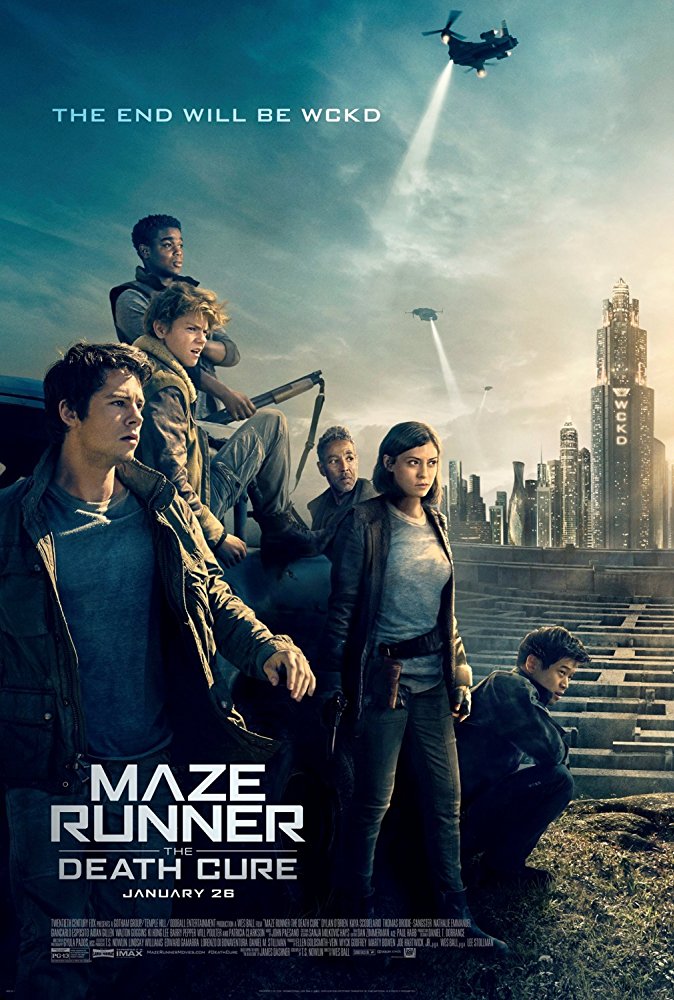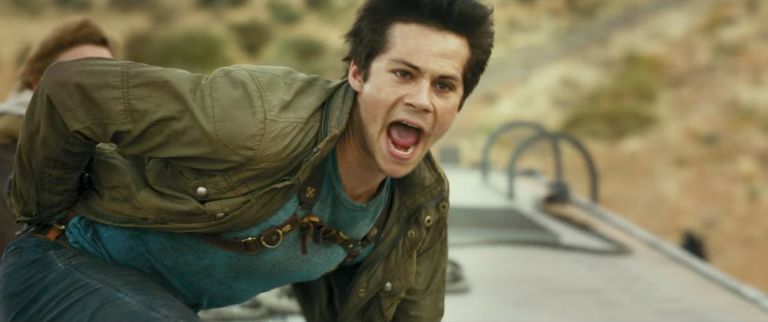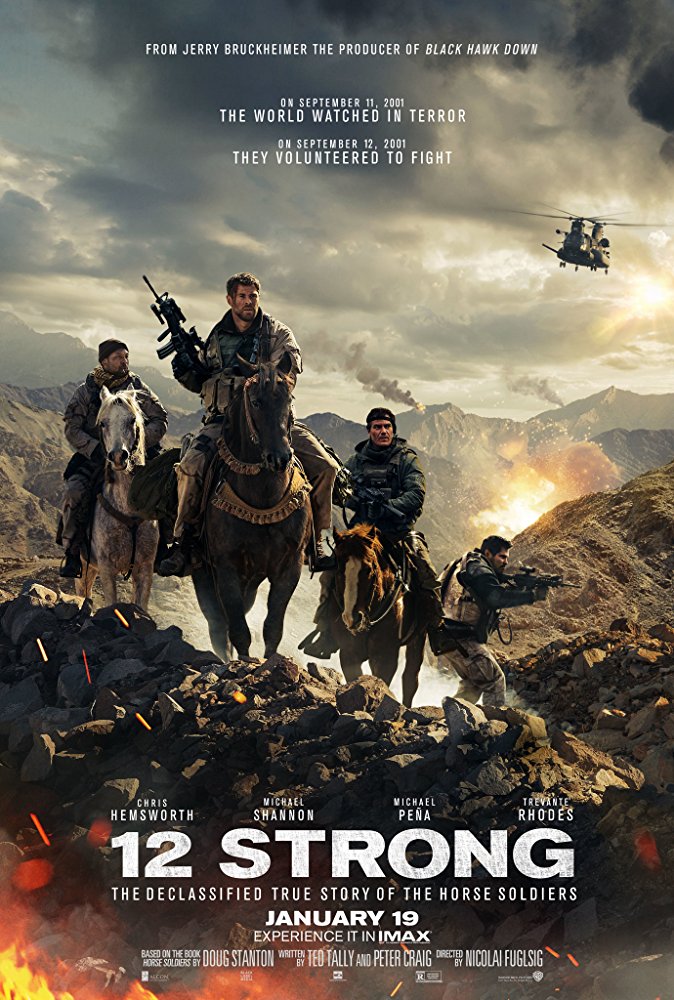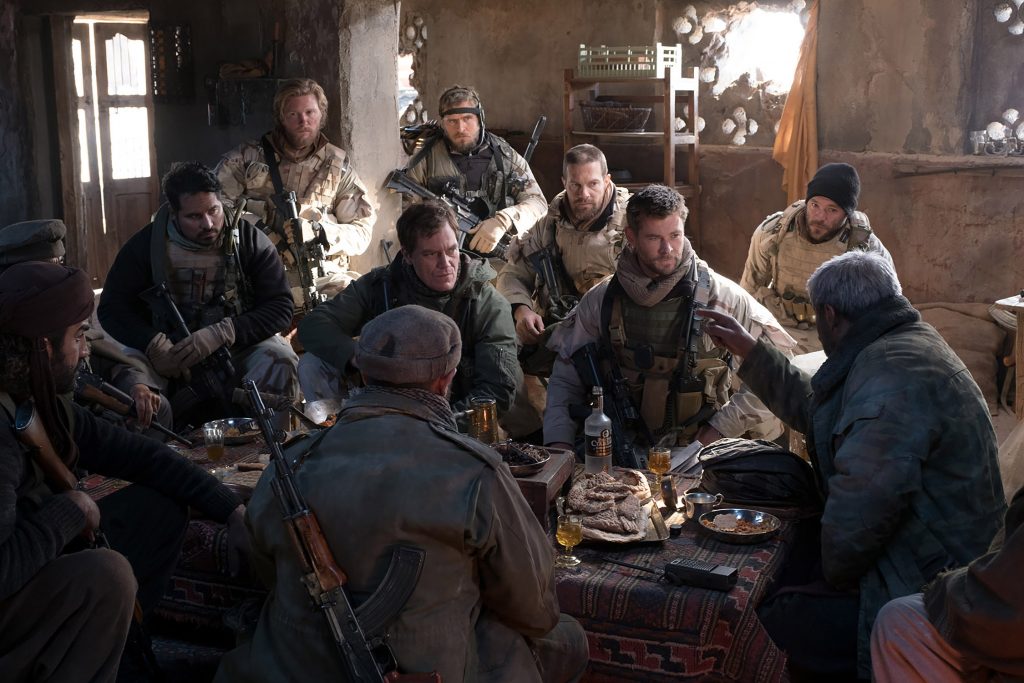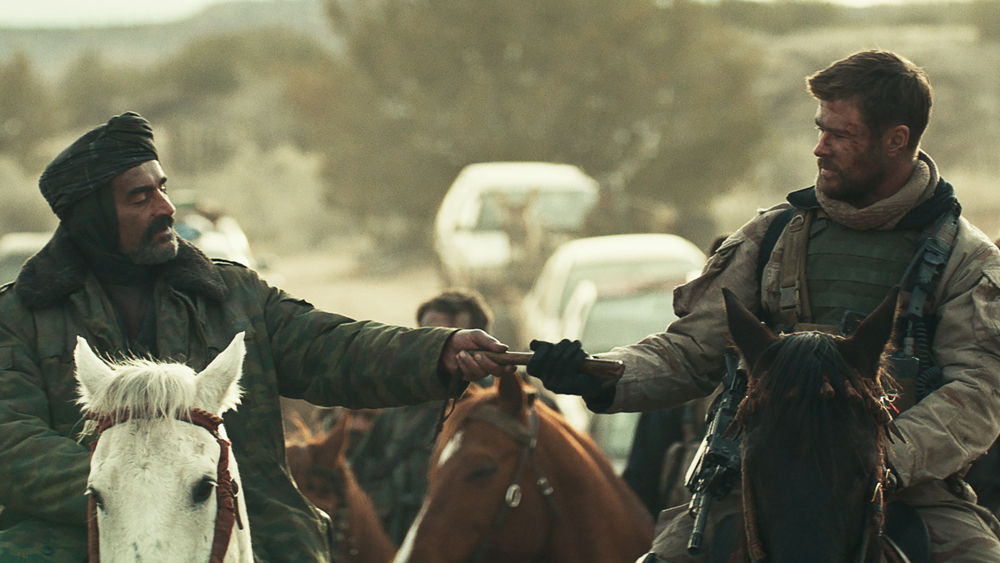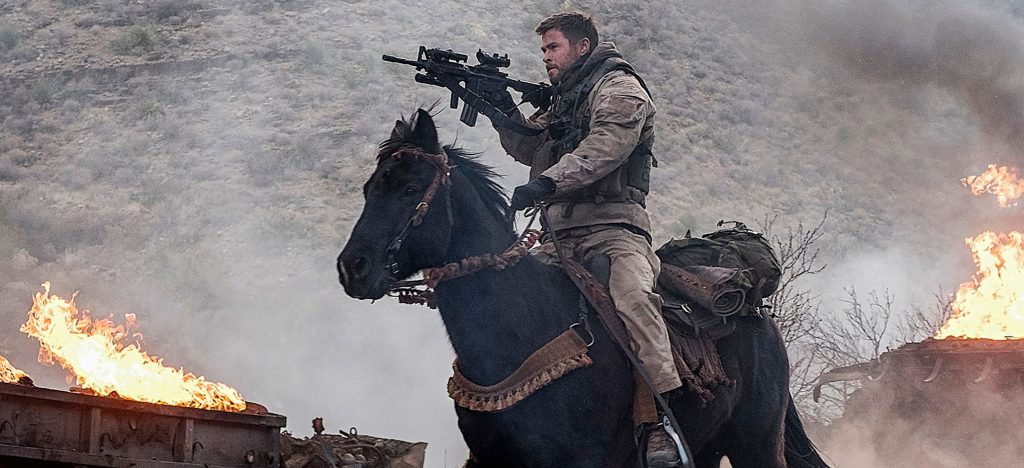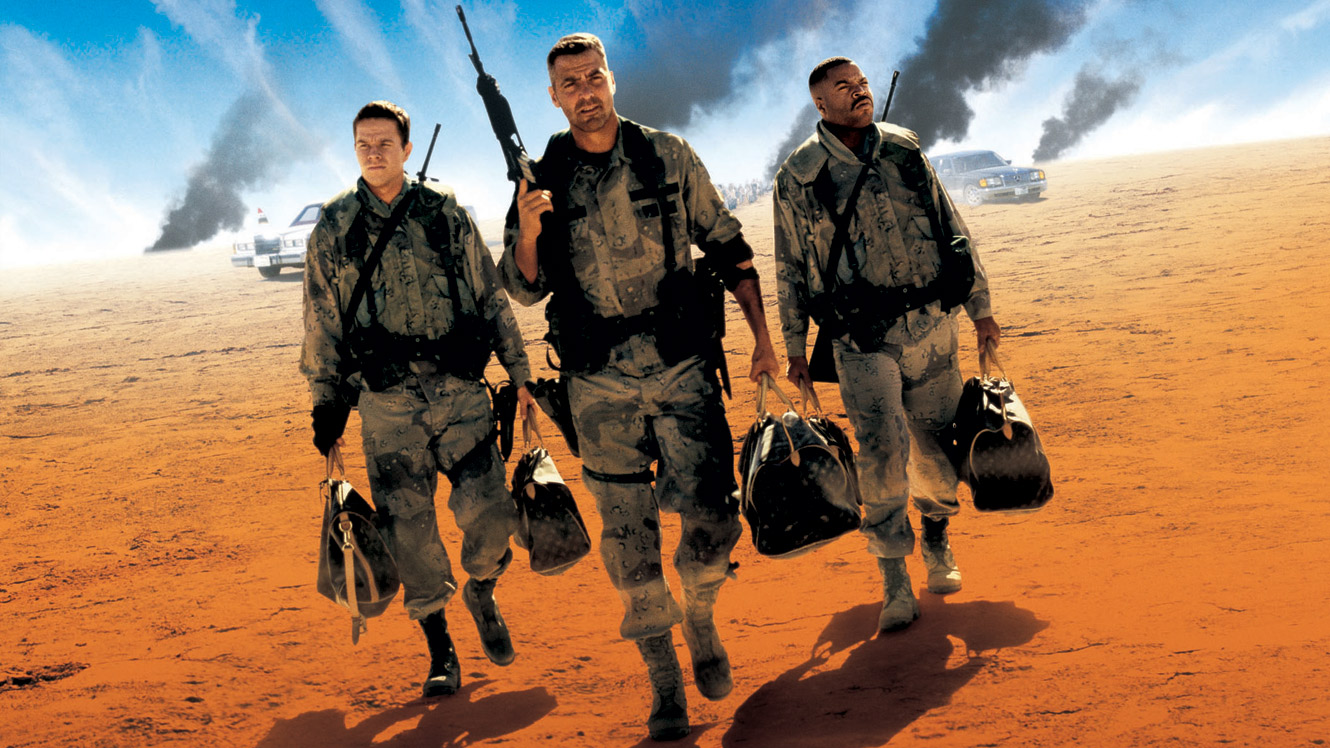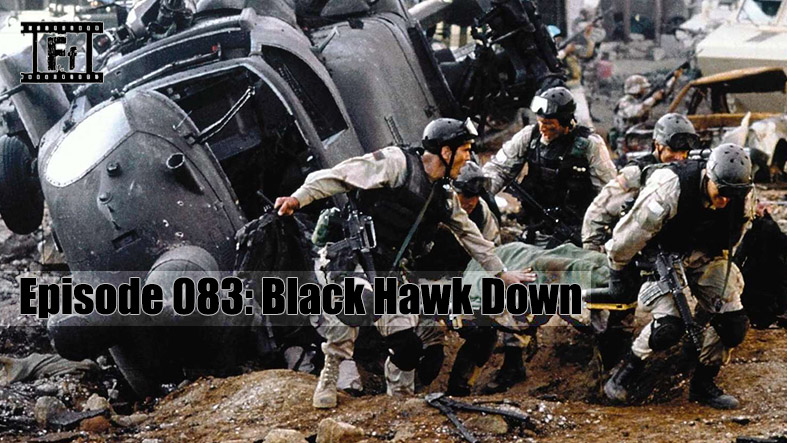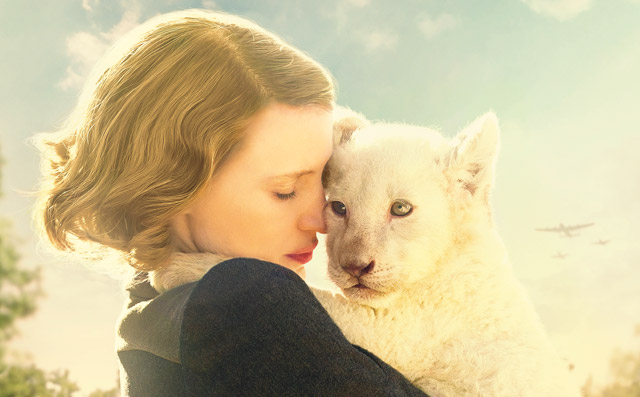MAZE RUNNER: THE DEATH CURE (2018)
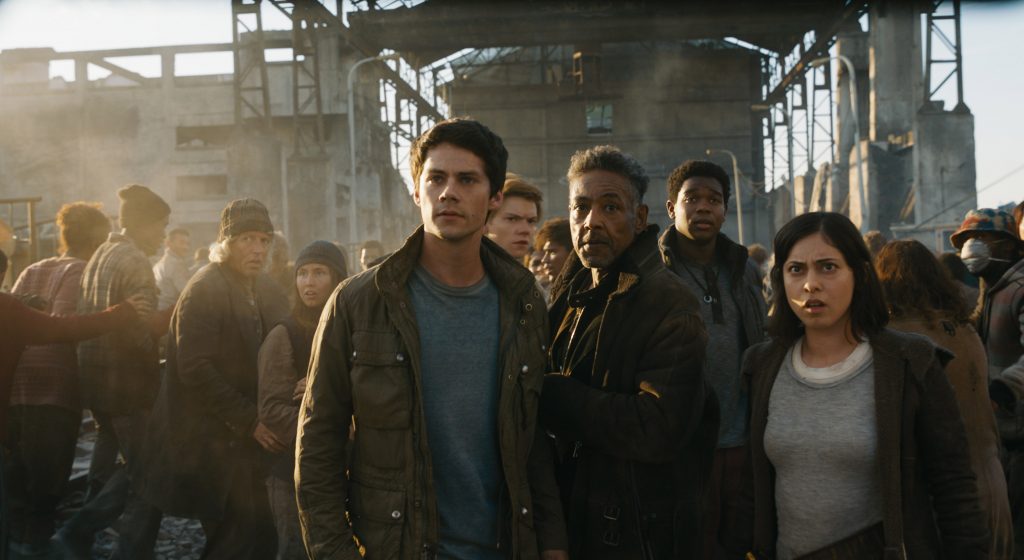
GOING IN
Better late than never, right? A year after its original release date, Wes Ball’s final installment of his Maze Runner trilogy is here. Thankfully, star Dylan O’Brien has fully recovered from the serious injuries sustained while filming and is ready to bring this high octane franchise to its riveting conclusion. James Dashner’s series has always been one of my favorite Young Adult dystopian trilogies. I read each one as they came out, and vividly remember waiting in line at midnight to pick up my copy of The Death Cure. I read it in one sitting that day and mostly enjoyed the way in which the story wraps up for Thomas, Teresa, and the Gladers. Maze Runner: The Death Cure will follow the remaining escapees as they try to save their friends from the legendary Last City, which of course is under WCKD control. Thus far Wes Ball has done a solid job, with the previous entries being his only feature length films to date. I’m excited to see how the film story plays out differently than the books and optimistic that this will be an exciting adventure right up to the last minute.
2 Hours and 20 Minutes Later.
COMING OUT
Last year (2017), movie fans were treated to the final film of a rare trilogy that got better with each successive installment. Granted, the Planet of the Apes series was not based on young adult books as is The Maze Runner Trilogy, but it provided an example of just how good progressive storytelling can be. After Wes Ball’s hot start with the claustrophobic and mysterious thriller The Maze Runner, book two’s adaptation of The Scorch Trials was just another race and chase action film adding very little complexity and character depth. And unfortunately, taking the opposite trajectory of that incredible aforementioned series, The Death Cure does not in fact bring this series back to life but instead sends it off in an explosive, fiery, forgettable mess.
Let’s get one thing out of the way up front. Book fans – this is not the adaptation you probably expect. A good 75% of the story has been changed and the parts that do remain are out of order and have a much different feel to them. One of the most important facets of James Dashner’s novels is that Thomas and Teresa (and Aris later) can communicate telepathically. This was understandably removed from the adaptations because it would have been a nightmare to try and show cinematically. However, in doing so the story is stripped of an enormous amount of emotional depth and relationship building between the two leads that is never adequately replaced. In fact, there is so little movie reason given for Thomas to be relentlessly in love with Teresa that it makes the events of this final film fall very, very flat. And speaking of Aris? After an important introduction in film two, he all but disappears completely in The Death Cure. Other book character changes abound, with new ones being inserted or old ones altered completely to fulfill the different story requirements of the film series. Wherever you stand on how accurate book-to-movie adaptations should be, just know that the changes made in The Scorch Trials have been double-downed on. This is no longer The Death Cure story you know, complete with a different ending, which makes one wonder why a book series is adapted at all if the changes are going to be this glaring.
Unfortunately, even removing a desire to see the story as it was written originally, Ball’s third film still isn’t very good. The story as told is extremely generic with almost nothing unexpected taking place. The film begins with an incredible train action scene and then quickly plunges into over an hour of drama. It’s this section that hurts the film immensely and turns it into a bit of a bore. Thomas (Dylan O’Brien) has never been more moody, brooding, and pouty. Teresa (Kaya Scodelario), likewise, goes through the entire film with almost the same facial expression. The two form one of the most emotionless pairs I’ve ever seen. There are a few scenes in the film that did evoke some feelings, but none of them coming from the main characters is a problem. Instead it’s Newt (Thomas Brodie-Sangster) and Brenda (Rosa Salazar) who are genuinely intriguing characters and stand out as the best performances of the film, as well as worthy of the most feels. Sadly, their strength just further shows the weaknesses of the leads so enjoyment is offset by disappointment. And when it comes to villains, Janson (Aidan Gillen) is about as cookie-cutter as they come. Gillen’s role in this series was clearly increased due to his rising fame from Game of Thrones, and I’m not a fan of his performance at all.
Eventually the film shifts back into pure adrenaline-fueled action, which Wes Ball has shown he can do well. The finale is chaotic in that everything-must-blow-up-because-bigger-is-better way. There are definitely some great (and dangerous looking) practical effects, but also plenty of moments that push the boundaries of realism so far into ridiculousness that it’s hard to take seriously. Where in the past Ball seems to have shown some restraint, there is none to be found here, and the movie is worse for it.
VERDICT
The Maze Runner is a series that offered so much potential, but Wes Ball’s final installment does not earn the emotional stakes its conclusion hinges on. Though I still believe Dylan O’Brien can be a star, his lack of range in this performance does leave me a little worried. I can’t help but compare this adaptation to its source material, where it uses the same characters to tell a much more interesting story, but even when taken on its own merit The Death Cure just isn’t that interesting. It’s too long, with a weak melodramatic center, and overly frantic seizure-inducing action that is the worst of the series. Fans of the series should probably still check it out, and may come away with a slightly better experience, but don’t hope for much more lest you be as disappointed as I am.
Rating:
 Aaron White is a Seattle-based film critic and co-creator/co-host of the Feelin’ Film Podcast. He is also a member of the Seattle Film Critics Society. He writes reviews with a focus on how his expectations influenced his experience. Follow him on Facebook and Twitter to be notified when new content is posted.
Aaron White is a Seattle-based film critic and co-creator/co-host of the Feelin’ Film Podcast. He is also a member of the Seattle Film Critics Society. He writes reviews with a focus on how his expectations influenced his experience. Follow him on Facebook and Twitter to be notified when new content is posted.

